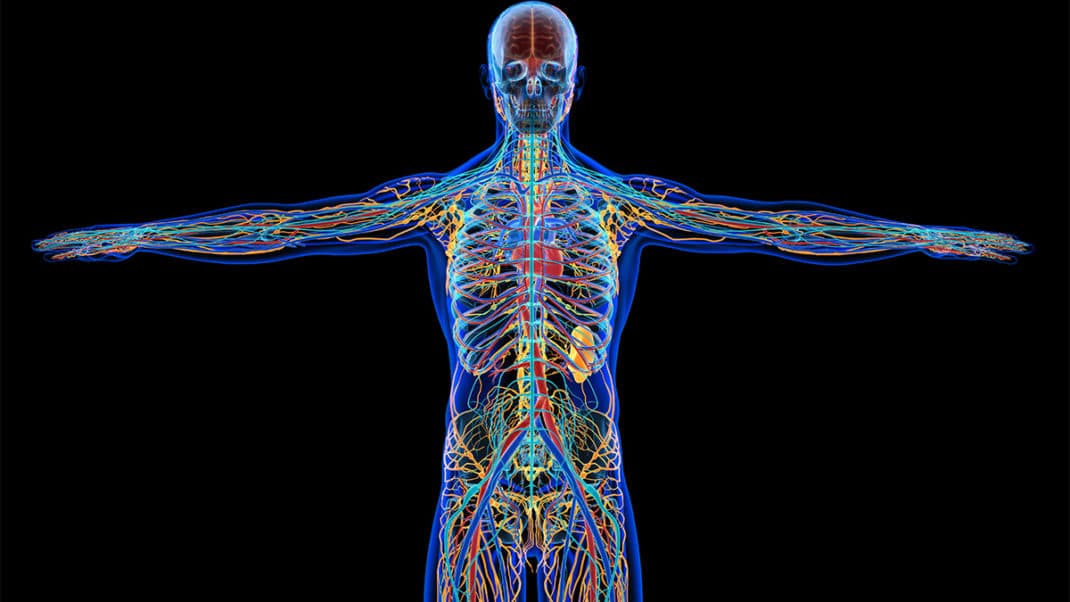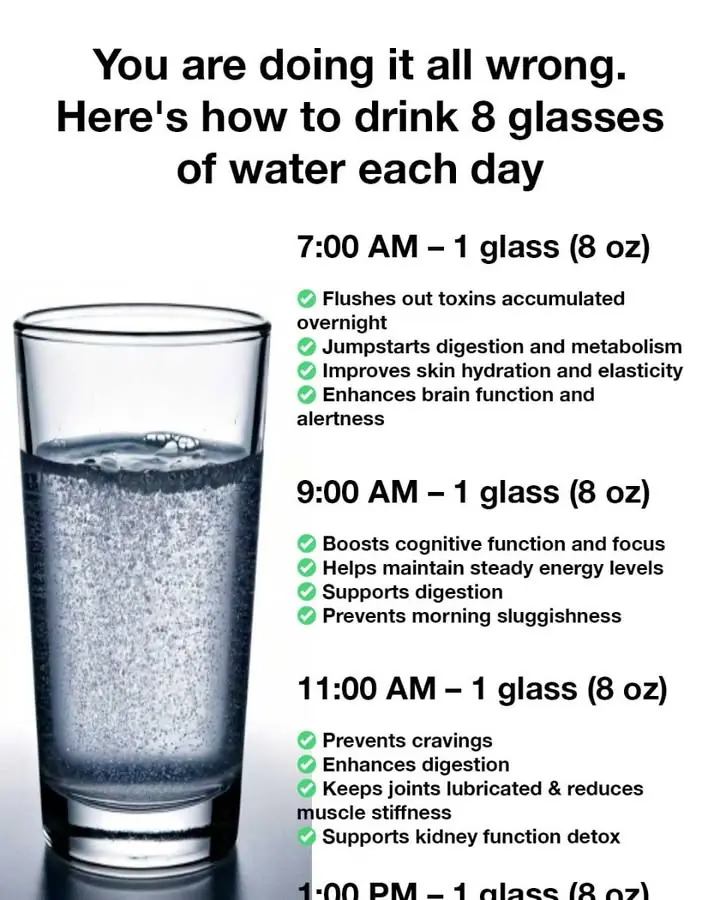
Why Vitamin D Is Essential for More Than Just Bone Health
Why Vitamin D Is Essential for More Than Just Bone Health
When most people think about vitamin D, they usually associate it with strong bones and protection against colds or respiratory infections. While these are certainly important benefits, the truth is that vitamin D plays a far bigger role in your overall health. From supporting your mood to enhancing heart and muscle function, this essential nutrient does more than you might think.
The Key Role of Vitamin D in Bone Health
Vitamin D's most well-known function is helping your body absorb calcium, a mineral that is crucial for building and maintaining strong bones. Without adequate vitamin D, your body can't absorb calcium effectively, no matter how much of it you consume through diet or supplements.
A deficiency in vitamin D can lead to rickets in children, a disease that causes soft, weak, and deformed bones. In adults, low vitamin D levels may result in osteomalacia, a condition that causes bone pain and muscle weakness due to poor bone mineralization. Over time, this can also increase the risk of osteoporosis and bone fractures.
Vitamin D and Mental Health: A Link to Mood Regulation
Vitamin D doesn’t just support your bones — it also has a significant impact on your mental health. Studies have found a strong connection between low levels of vitamin D and depression, particularly in people suffering from Seasonal Affective Disorder (SAD). This type of depression typically occurs during the fall and winter months when sunlight exposure is limited — and therefore, so is the body’s natural production of vitamin D.
Maintaining optimal vitamin D levels can help improve mood, reduce feelings of sadness or lethargy, and support emotional well-being, especially during the darker months of the year.
The Heart-Healthy Benefits of Vitamin D
Emerging research also suggests that vitamin D plays a role in cardiovascular health. Low levels of vitamin D have been associated with an increased risk of heart attacks, high blood pressure, and strokes. Although scientists are still investigating exactly how vitamin D affects the cardiovascular system, the current evidence points to the potential benefits of keeping your vitamin D levels within a healthy range for heart protection.
Supporting Muscle Strength and Balance
As we age, maintaining muscle strength and physical balance becomes more important to prevent falls and injuries. Vitamin D has been shown to improve muscle function, especially in older adults. Several studies indicate that adequate vitamin D levels can reduce the risk of falls by enhancing muscle strength, balance, and coordination.
This makes vitamin D an essential nutrient for older individuals looking to stay active, mobile, and independent for as long as possible.
Conclusion: Vitamin D Is Vital for Whole-Body Wellness
While vitamin D is often associated with bone health, it’s clear that its benefits go far beyond that. From regulating mood and supporting cardiovascular health to improving muscle function and preventing falls, vitamin D is a true multi-tasker in your body.
To maintain healthy vitamin D levels, try to get regular sunlight exposure, eat foods rich in vitamin D (like fatty fish, eggs, and fortified dairy products), and consider supplements if needed — especially during the winter months. Always consult your doctor before starting any new supplement routine.
Don’t overlook the power of vitamin D — your whole body will thank you for it.
News in the same category


AVOID Bananas If You Suffer From These 5 Health Problems!

Doctors reveal how many times you should be able to swallow in 30 seconds to be 'healthy' and the results are shocking

Crockpot Sausage and Potatoes

A New Type of Drink Found to Help 'Push Back' Cancer: It’s Not Tea or Coffee

Not So Impossible Cheeseburger Pie

35-Year-Old Man’s Sore Throat Turned into Cancer After 5 Chemotherapy Sessions—Doctor Urges: Throw These 2 Things Out of Your Fridge

Eight Early Symptoms Found in 23% of Cancer Patients: Warning Signs That Should Not Be Ignored

Doctors forced to apologize after 32-year-old woman given hysterectomy to treat 'tumor on her ovary' but biopsy showed no signs of cancer

Liquid Gold Tea: A Natural Remedy for Inflammation

Caramel Apple Fudge

Mozzarella Fried Cheese Bites: Cheesy, Crunchy, and Irresistible

You are doing it all wrong. Here's how to drink 8 glasses of water each day

A new type of Artificial Intelligence can detect breast cancer 5 years before diagnosis

New Discovery: Protein AP2A1 May Hold the Key to Reversing Aging at the Cellular Level

Seniors: This Castor Oil + Baking Soda Trick Is Blowing Doctors’ Minds!

Lemon and Nopal Remedy: A Natural Boost for Your Body

65-Year-Old Man Dies at 11 PM: Doctor Warns Never to Drink These 4 Types of Beverages Before Bed – No Matter How Thirsty You Are

People at Risk of Cancer Often Show 3 Unusual Signs in the Neck – Even One Is a Health Warning
News Post

Homemade Vanilla Dessert Cream

Oatmeal and Guava: A Natural Remedy for Leg Cramps, Diabetes, and High Blood Pressure

AVOID Bananas If You Suffer From These 5 Health Problems!

My Greedy In-Laws Tried to Get Rid of Our Sick Mom, but She Brilliantly Taught Them a Lesson

I Got Back from a Work Trip and Found My House Completely Empty

3 Eye-Opening Stories About Husbands Who Didn't Appreciate Their Devoted Wives – And the Important Lessons They Learn in the End

Doctors reveal how many times you should be able to swallow in 30 seconds to be 'healthy' and the results are shocking

14 Fish You Should Consider Never Eating

40+ Weird Signs That Lead To a Cancer Diagnosis

Pudding Cool Whip Frosting

NASA’s Mars Rover Uncovers Mysterious Spheres On The Planet’s Surface, Leaving Experts Baffled

Depressing find at the bottom of the Mariana Trench is a warning to the world

Crockpot Sausage and Potatoes

People Freaked Out After Spotting Creepy Hidden Face in Group Photo

A New Type of Drink Found to Help 'Push Back' Cancer: It’s Not Tea or Coffee

This One Everyday Habit Is Draining Your Electricity Bill — And No One Talks About It

Not So Impossible Cheeseburger Pie

35-Year-Old Man’s Sore Throat Turned into Cancer After 5 Chemotherapy Sessions—Doctor Urges: Throw These 2 Things Out of Your Fridge

Eight Early Symptoms Found in 23% of Cancer Patients: Warning Signs That Should Not Be Ignored
